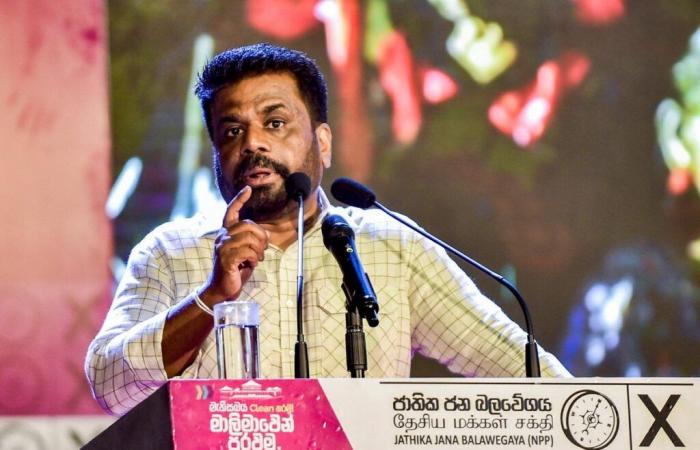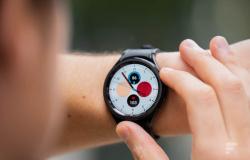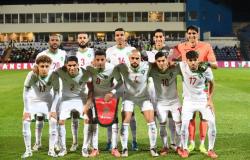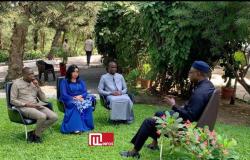Sri Lanka –
President’s coalition wins majority in Parliament
The left-wing president’s coalition won the majority of seats in the Sri Lankan Parliament on Friday.
AFP
Posted today at 6:48 a.m. Updated 23 minutes ago
Sri Lankan President Anura Kumara Dissanayake, in Colombo, November 11, 2024.
AFP
Subscribe now and enjoy the audio playback feature.
BotTalk
A successful bet: the first left-wing president in the history of Sri Lanka won the legislative elections hands down by winning an absolute majority which gives him a free hand to reform the country.
A Marxist by training but widely converted to the market economy since then, Anura Kumara Dissanayake, 55, was elected in September at the head of a country exhausted by the worst economic crisis in its history and a brutal austerity cure.
His promises to reduce taxes on basic necessities and to eradicate corruption have ensured him broad popular support.
62% of the votes
After counting more than three-quarters of the ballots cast, the NPP coalition led by the presidential party, the People’s Liberation Front (JVP), won at least 123 of the 225 seats in the new Parliament.
The NPP, which held only 3 seats in the outgoing legislative assembly, had already won nearly 62% of the vote, well ahead of the opposition parties.
She came first in 21 of the country’s 22 districts with more than 5.68 million votes, more than the score achieved by the country’s new strongman during his election in September.
“A turning point for the country”
The party of opposition leader Sajith Premadasa only obtained 18% of the vote, that of Mr. Dissanayake’s predecessor, Ranil Wickremesinghe, barely 4.5%, according to the results released by the electoral commission.
“People voted to get rid of corruption and this corrupt system,” NPP voter Chanaka Rajapaksha told AFP on Friday.
By voting on Thursday in the capital Colombo, the president was very confident in his chances of victory. “We believe that this election is crucial and will mark a turning point for the country,” he anticipated to the press.
“The opposition is dead”
“I hope for a new country, a new government that understands the people,” said Milton Gankandage, a 70-year-old retiree, on Thursday, casting his ballot in the ballot box in the suburbs of the capital.
All analysts had predicted the large victory of the presidential camp in the face of divided adversaries. “The opposition is dead,” said analyst Kusal Perera. “The outcome of the vote is a case closed: the NPP will form the next government.”
Even if her party retained the communist hammer and sickle as its emblem, Anura Kumara Dissanayake campaigned with the unexpected support of economic circles.
Popular protests against shortages and inflation
Once worried, business leaders and businessmen were reassured by his decision not to throw away the agreement reached in 2023 with the International Monetary Fund (IMF) to try to get the country back on track.
Sri Lanka’s economy collapsed in 2022, forcing its government to default on its public debt, then estimated at $46 billion (€42 billion).
Several weeks of popular protests against shortages and inflation that followed caused the fall of then-President Gotabaya Rajapaksa in July 2022.
A fragile economic improvement
In exchange for aid of 2.9 billion dollars (2.6 billion euros) from the IMF, his successor Ranil Wickremesinghe increased tax increases and cuts in public spending.
Against a backdrop of fragile economic improvement, Mr. Dissanayake expressed his desire to renegotiate some of the clauses of this agreement.
The IMF began discussions on the “alternative approaches” defended by Mr. Dissanayake but also recalled the need to “protect and develop” the efforts undertaken.
“Latest news”
Want to stay on top of the news? “Tribune de Genève” offers you two meetings per day, directly in your email box. So you don’t miss anything that’s happening in your canton, in Switzerland or around the world.
Other newsletters
Log in
Did you find an error? Please report it to us.
0 comments






